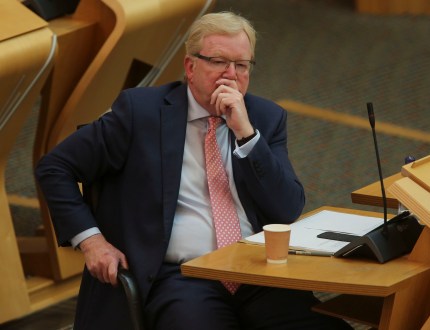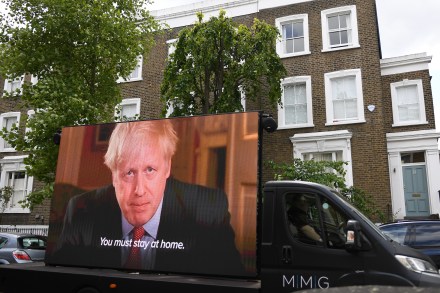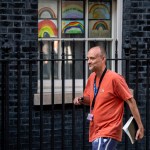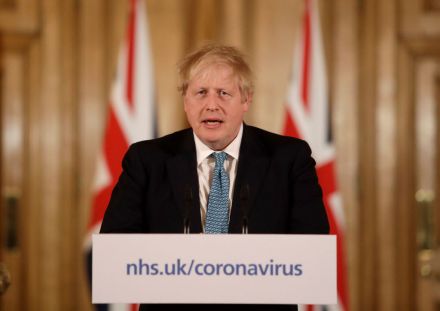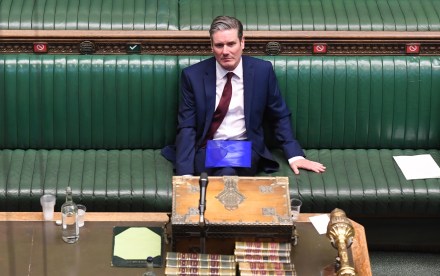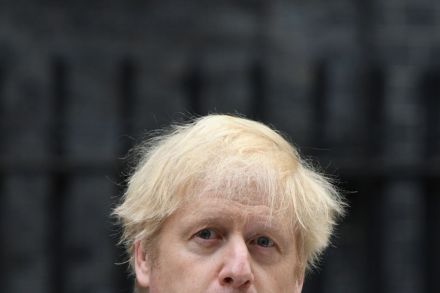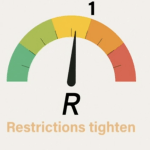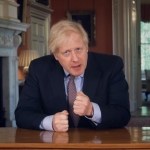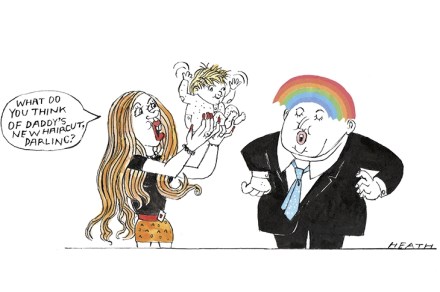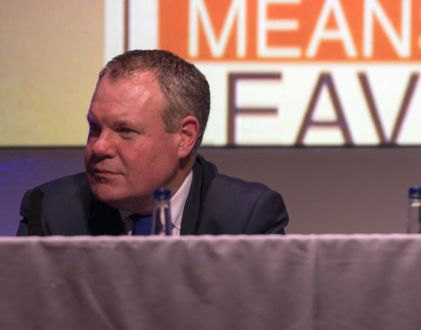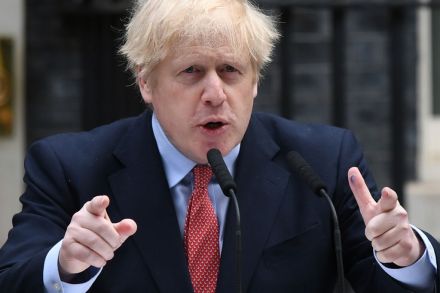Prepare for a big Huawei U-turn
The UK has made a strategic choice to get ‘off the trajectory of ever-increasing dependence’ on China, I reveal in the magazine this week. This is important as the UK was about to go over the precipice in terms of dependence on China with the decision to allow Huawei to construct a lasting part of the UK’s 5G network. That is now not going to happen. Downing Street describes its previous Huawei decision as a ‘legacy issue’, emphasising how no one was particularly comfortable with the compromise they came up with—Huawei’s role would be capped and it would be kept away from ‘the core’ of the network. This is just





